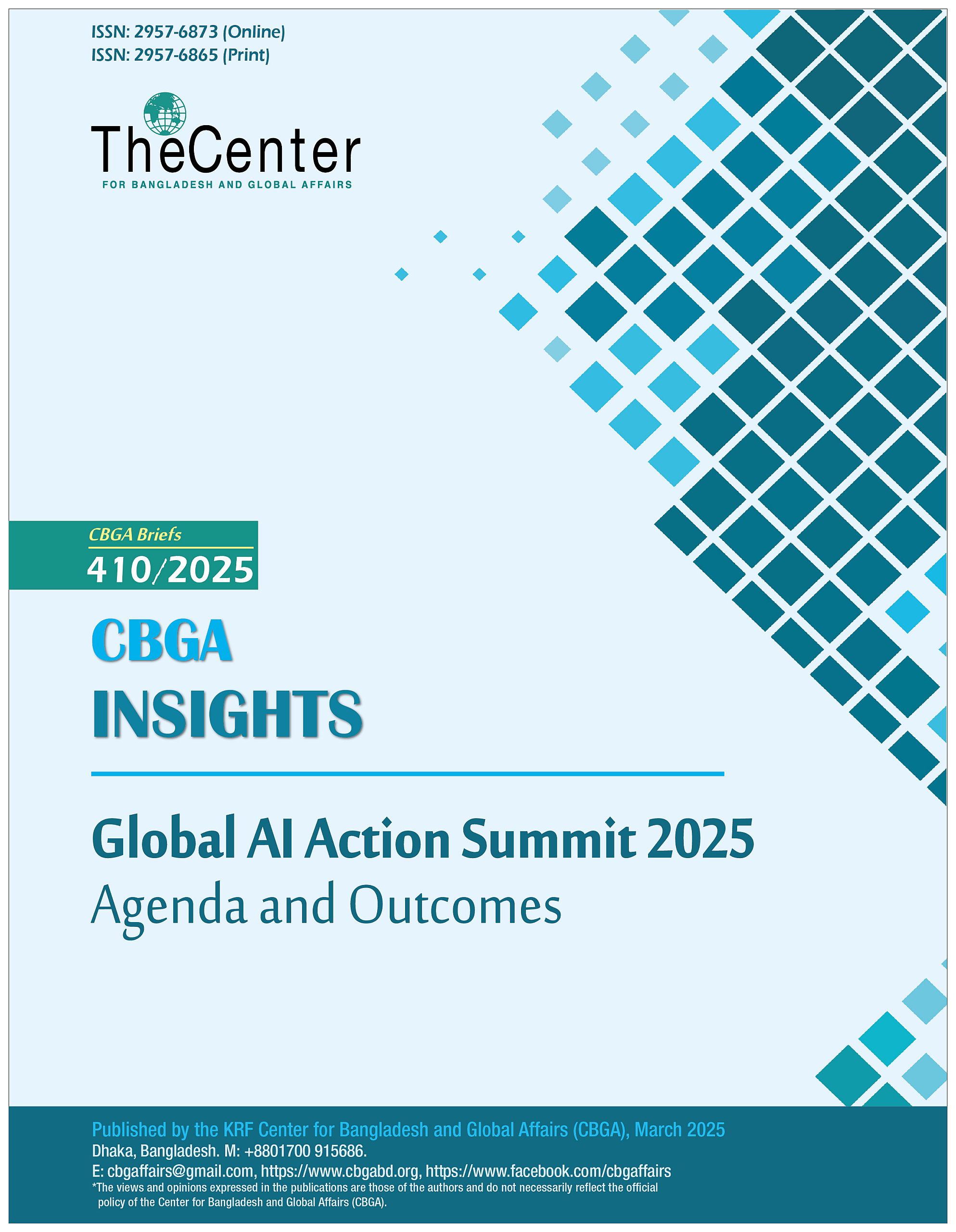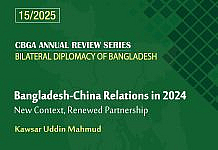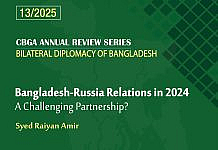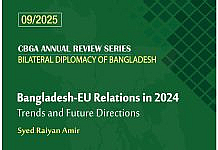
The Global AI Action Summit 2025, held in Paris on February 10-11, marked a pivotal moment in the international dialogue on artificial intelligence governance, development, and implementation. Co-chaired by French President Emmanuel Macron and Indian Prime Minister Narendra Modi, the summit gathered leaders from over 100 countries, alongside influential figures from the tech industry and civil society. This third instalment of the global AI summit series, following previous gatherings in the UK and South Korea, shifted its focus from theoretical safety concerns to practical action and implementation strategies.
The summit was organized around five major themes: Public Interest AI, Future of Work, Innovation and Culture, Trust in AI, and Global AI Governance. These themes highlighted the summit’s primary objective: to transition from safety discussions to actionable strategies for leveraging AI’s potential. The aim was to address its risks while ensuring equitable access to its benefits, reflecting the multifaceted challenges and opportunities presented by AI.
Agenda and Outcomes
Public Interest AI
A central focus of the summit was the development and promotion of AI systems that serve the public good. French President Macron proposed a global platform to incubate public interest AI projects, emphasizing the need for independent, open-access, and sovereign AI solutions. This initiative aims to counterbalance the current dominance of private sector AI development and address concerns about power concentration in the hands of a few tech giants.
Prime Minister Modi highlighted the potential of AI to drive progress in healthcare, education, and energy optimization. However, he also pointed out the challenges of bias in AI systems, using the example of an AI app that might fail to accurately depict a left-handed writer due to biased training data. This underscored the need for diverse representation in AI development and the importance of global cooperation in creating open datasets and ethical AI frameworks.
Future of Work
Discussions on the future of work centered on AI’s impact on labor markets and the need for proactive policies to manage workforce transitions. The summit emphasized the importance of social dialogue and responsible AI use in shaping the future workplace. Leaders acknowledged the dual nature of AI’s impact on employment – its potential to create new job opportunities while also displacing certain roles.
Innovation and Culture
The summit explored strategies for building sustainable innovative ecosystems that work across all economic sectors, with a special focus on creative and cultural industries. France showcased its commitment to positioning itself as a global AI leader, highlighting a recent $50 billion deal with the United Arab Emirates to establish a major AI data center. This deal underscores France’s focus on open-source systems and clean energy in AI development.
Trust in AI
Building trust in AI systems emerged as a crucial theme. Discussions focused on consolidating mechanisms to ensure AI safety and security, based on scientific consensus. The summit aimed to address concerns over AI’s potential risks while avoiding overly restrictive regulations that could stifle innovation.
Global AI Governance
A key objective of the summit was to shape an inclusive and effective framework for international AI governance. While no new regulations were introduced, the event provided a platform for countries to align their approaches to AI development and deployment. The summit culminated in a declaration signed by over 50 countries, including India, China, and the European Commission, on “Inclusive and Sustainable Artificial Intelligence for People and the Planet”.
Summary of the Global AI Action Summit 2025
| Key Aspect | Details |
| Event | Global AI Action Summit 2025, held in Paris on February 10-11 |
| Co-Chairs | French President Emmanuel Macron & Indian Prime Minister Narendra Modi |
| Participants | Leaders from 100+ countries, tech industry figures, civil society representatives |
| Main Theme | Shift from AI safety concerns to competition, economic growth, and innovation |
| US Position | Prioritized AI leadership & economic dominance; opposed EU-style regulation |
| EU Position | Advocated for a balance between innovation & regulation via AI Act; announced €50B AI investment |
| France’s Role | Positioned as an AI leader; announced training for 40,000-100,000 researchers & €30-50B UAE-funded data center |
| Major Investments | -US: $100B AI infrastructure fund (OpenAI, SoftBank, MGX, Oracle) -EU: €50B AI support, €150B AI investments over five years -France: €20B Brookfield investment for data centers, including 1GW facility in Cambrai |
| Global AI Commitments | 60 nations (France, India, China, Canada) signed voluntary AI principles; US & UK did not sign |
| China’s Role | Participated actively, signed AI commitments, advanced AI research with DeepSeek |
| Key Concerns | -US-EU regulatory divide creating AI fragmentation -Risk of digital colonialism with Global North dominance -Competitive AI race may deepen global inequalities |
| Geopolitical Impact | AI development increasingly tied to national security, economic strategies, and technological nationalism |
Key Outcomes and Initiatives
Several significant outcomes and initiatives emerged from the summit. Over 50 countries signed the Declaration on Inclusive and Sustainable AI, committing to the development of sustainable and inclusive AI systems, emphasizing the need to narrow inequalities and assist developing countries in AI capacity-building. Another major initiative was the Public Interest AI Platform and Incubator, launched by India, Kenya, Germany, Chile, Finland, Slovenia, France, Nigeria, and Morocco, aimed at bridging the gap between public and private AI initiatives and addressing digital divides. Additionally, a funding commitment was announced, with philanthropies and businesses pledging an initial $500 million, projected to reach $2.5 billion over five years, to support public-interest AI projects. The summit placed a strong emphasis on AI’s role in emerging economies, with a dedicated panel on AI in the Global South discussing data utilization for development. Furthermore, energy and sustainability emerged as key themes, particularly regarding AI’s massive energy demands, with France showcasing its approach to balancing AI expansion with energy efficiency through its nuclear energy capacity.
Divergent Approaches and Challenges
The summit also highlighted key divergences in global AI governance approaches. Regulatory frameworks were a major point of contention, as European nations pushed for comprehensive regulation, whereas the U.S., under the Trump administration, advocated for minimal regulation to maintain competitiveness, evidenced by the U.S. and UK’s decision not to sign the summit’s declaration. China’s role in AI development was a central topic, particularly its advancements in human-like reasoning systems, intensifying the global AI race. Another major challenge was balancing innovation with regulation, with concerns that excessive regulation could hinder technological progress. The issue of digital divides was also widely discussed, with a focus on ensuring that AI benefits are accessible to developing nations, mitigating fears that AI could further widen global inequalities.
Implications for Global AI Development
The Paris AI Action Summit 2025 carries several significant implications for the future of global AI development. A major shift was observed from theoretical discussions on AI safety to concrete actions and implementations, potentially accelerating AI deployment across sectors. The summit’s emphasis on public interest AI and related initiatives could lead to more balanced AI development, countering the private sector’s dominance. Additionally, while no new regulations were introduced, the event laid the groundwork for enhanced international cooperation in AI governance, which could shape future policy approaches. The increased focus on AI’s role in emerging economies could drive more inclusive AI strategies and accelerate technological adoption in these regions. Moreover, discussions on energy and sustainability are expected to influence AI development strategies, pushing for more energy-efficient AI solutions.
Challenges Ahead
Despite the progress made at the summit, several challenges persist in the global AI landscape. Regulatory divergence between major powers like the U.S., China, and the EU could result in fragmented global standards and conflicts in AI deployment. Ethical concerns surrounding AI bias, transparency, and accountability remain pressing issues that require continuous attention and collaboration. Additionally, technological gaps between developed and developing nations present a long-term challenge that will need sustained investment and cooperation. Striking the right balance between innovation and safety remains a key challenge for policymakers and industry leaders. Finally, environmental concerns related to AI’s growing energy demands will require innovative solutions to align AI expansion with sustainability goals in the coming years.
The Global AI Action Summit 2025 in Paris marked a significant step forward in the international dialogue on AI governance and development. By shifting focus from theoretical safety concerns to concrete actions and emphasizing inclusive, sustainable AI development, the summit has set a new direction for global AI policy.
The outcomes of this summit, including the declaration on inclusive and sustainable AI, the launch of public interest AI initiatives, and the commitment to substantial funding for AI projects, demonstrate a growing global consensus on the need for collaborative, responsible AI development. However, the divergent approaches of major powers like the U.S., China, and the EU highlight the ongoing challenges in achieving a truly unified global AI governance framework.
As AI continues to advance rapidly, the discussions and initiatives launched at this summit will likely shape the trajectory of AI development, deployment, and regulation in the years to come. The emphasis on public interest AI, support for emerging economies, and focus on sustainability could lead to more balanced and inclusive AI ecosystems globally.
Moving forward, the international community will need to build on the momentum generated by this summit to address the complex challenges of AI governance, ethical development, and equitable access. The success of these efforts will play a crucial role in determining how AI technologies are harnessed to benefit humanity while mitigating potential risks and negative impacts.
– S. M. Saifee Islam is a Research Associate at the KRF Center for Bangladesh and Global Affairs (CBGA).







